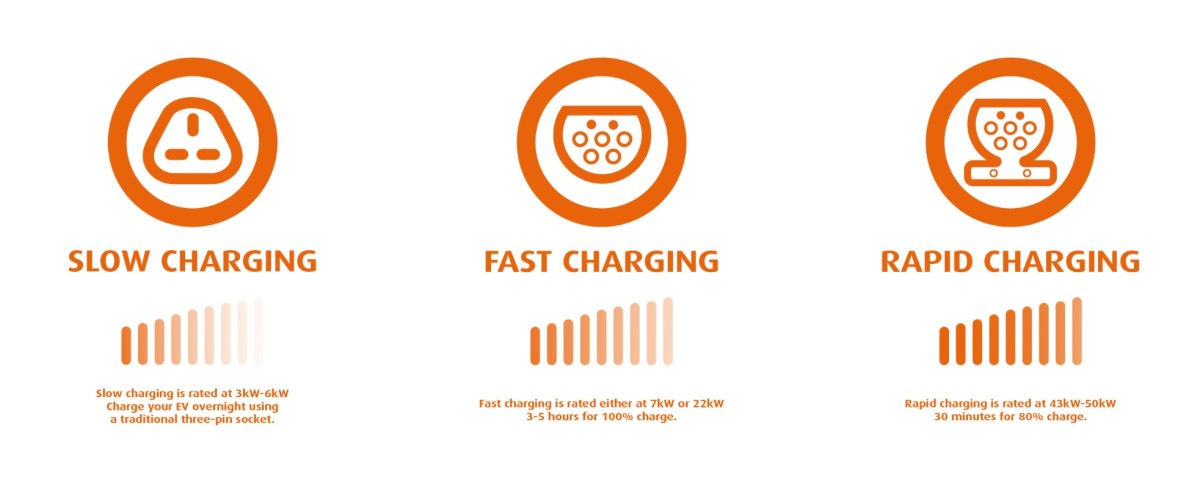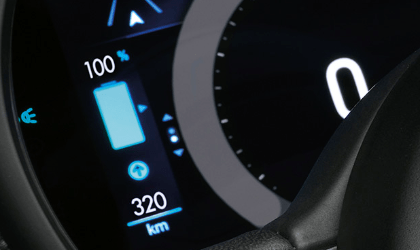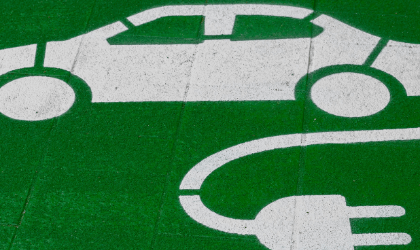How To Charge Your Electric Vehicle

The range of connectors and devices can make charging your electric vehicle seem overwhelming but in reality, it is quite simple. Here at Griffin Mill, we’re untangling the myths behind electric car charging and we aim to equip you with the knowledge you need to make an informed decision when choosing your next electric vehicle.
TYPES OF CHARGING AVAILABLE
Plug-in vehicle charging is dependent both on the technology built into the vehicle and into the charging infrastructure. When the charging capability of the vehicle is less than that of the charger, then the vehicle will charge only at the maximum speed allowed by the vehicle. When the charging capability of the vehicle is greater than that of the charger, then the vehicle will charge at the maximum rate allowed by the charger.
ChargePoint’s are primarily defined by the power (in kW) they can produce.
Below are the classifications of the different charging types and the times for a 100% charge of a typical EV:
• SLOW: 3kW 6-8 hours
• FAST: 7-22 kW 3-5 hours
• RAPID: 43kW-50kW 30 mins to 80%
SLOW CHARGING
Domestic charging uses a standard household 3 pin socket. This method of charging is slow and can take up to 22 hours from a typical domestic household and can be risky if the socket has not been properly checked. Therefore, we would always recommend that you have any socket you plan to charge from checked for suitability by a certified electrician.
FAST CHARGING
Accelerated charging, or fast charging was specifically designed for electric vehicles. It’s faster to charge than using a domestic plug. Home ChargePoint’s of up to 7kw can easily be supported in most domestic properties. Certified installers will install a separate fused supply so should there be any issues with the car, this would not impact the rest of the house. With power levels commonly at 7kW, your vehicle would fully charge in 7.5 hours. Some models will have this feature as part of a smartphone app.
RAPID CHARGING
Rapid charging uses direct currents to charge the battery quickly. They charge the first 80% as fast and efficiently as possible, usually within 40minutes, and then slow down charging for the final 20%.
You can find where rapid chargers are located using our Zap Map below.
COST
Charging an EV can be much cheaper than filling up with petrol. You could charge a fully electric vehicle like the Nissan LEAF for around £2.35. This would give you a range of approximately 200 miles or 1.2p per mile. Driving the same distance in an equivalent petrol or diesel car would cost more than £20.
Many electric vehicles have an eco-mode which is designed to conserve as much battery power as possible. Driving more slowly and using less climate control within the vehicle can also help improve battery life. With the UK’s extensive network of charging infrastructure, you never have to worry about range as there will always be a charging point nearby.
ZAP MAP & CHARGING POINTS
There are over 42,000 public ChargePoint connectors at over 15,500 locations available in the UK. To find one near you, or plan your next long-distance trip, see Zap map’s interactive charging map.
You’ll be able to filter these results by charging type, availability, speed and more so you can always find the right station for your requirements.
The network of charging stations in the UK is growing extremely rapidly right now. There are already more electric charging points than there are fuel stations and the number is increasing all the time.











